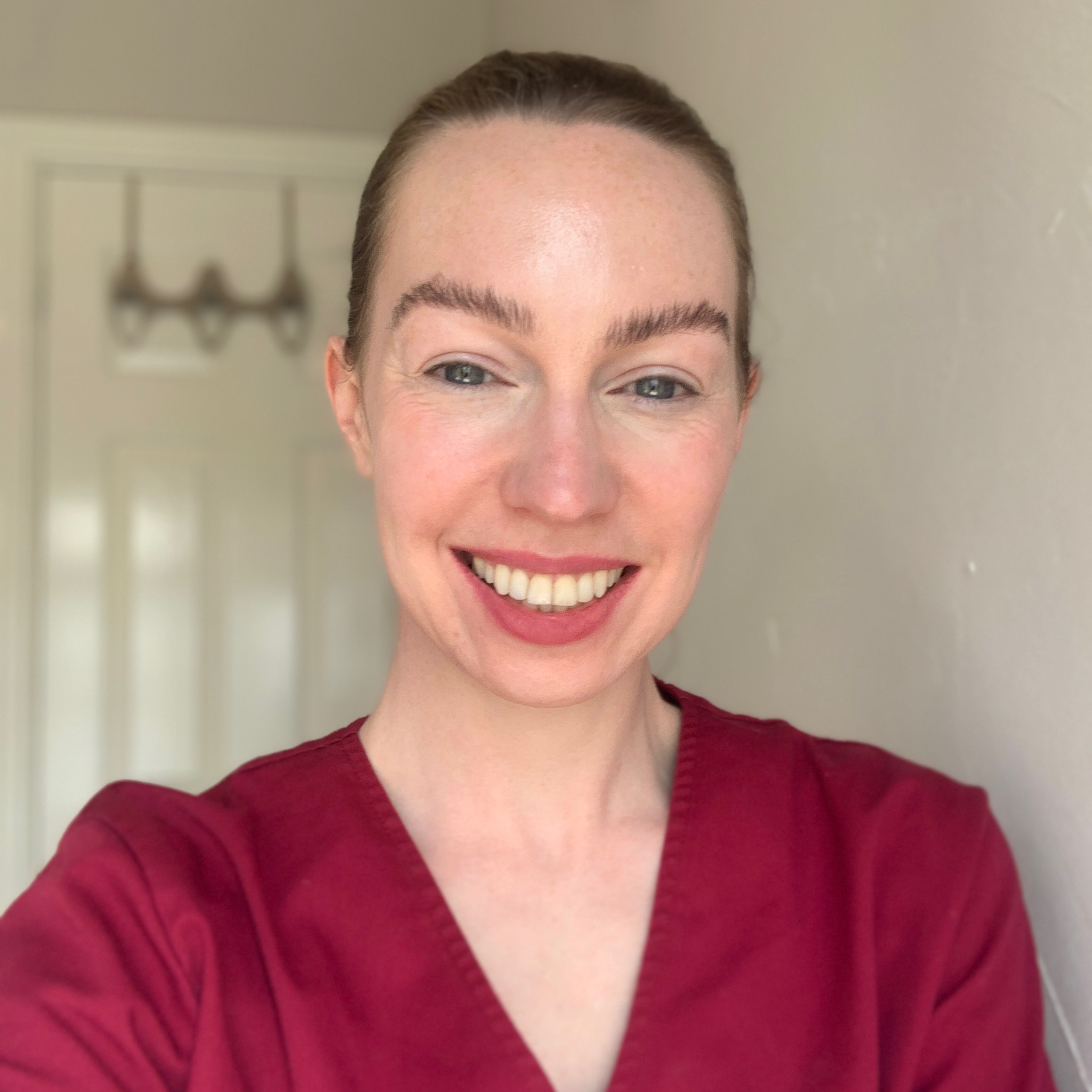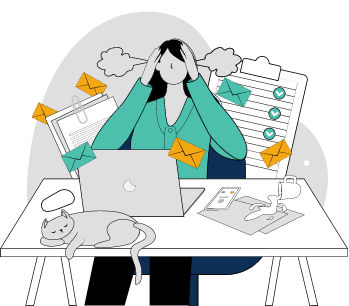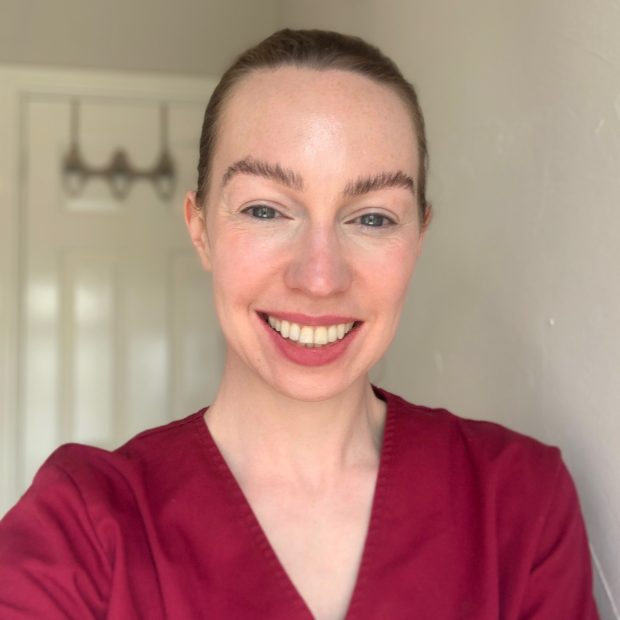Listen to this episode
On this episode
No one wants to burn out. When you experience burnout, you might find yourself thinking much more slowly and your productivity drops. Many high-stress professionals often feel guilty and ashamed for struggling with burnout. Unfortunately, the demanding and high-stress environment these days makes burnout much more likely to happen again and again. So what can you do to avoid experiencing burnout in the future?
In this episode, Dr Claire Ashley joins us for a conversation about the very real issue of burnout. We talk about what happens in our brains during burnout. She dives into the 12 stages of burnout and how we can use to recognize when we’re starting to burn out. Find out what you can do so that you can go back to work and how you can change things so you’re healthier and less likely to burn out all over again.
If you want to avoid burnout from repeating, listen to our full conversation in this episode of You Are Not a Frog.
Show links
Join Claire’s Facebook group, The Burnout Doctor
Check out the Faculty of Medical Leadership and Management Conference for Rachel’s panel discussion on job crafting.
Register for the free upcoming training, __If I Don’t Do It, No One Will: The Ultimate Guide to Loving Your Limits for Leaders Who Do It All on March 27.<li…
About the guests

Lorem ipsum dolor sit amet, consectetur adipiscing elit. Quisque vestibulum lorem non pellentesque pellentesque. Nam venenatis placerat orci, ac fermentum lectus pharetra id. Nunc ac pharetra nisl, sed ultrices eros. Sed aliquam tristique est, ac ultricies velit efficitur quis.
Quisque facilisis consequat eleifend. Nulla facilisi. Donec dignissim justo et lectus faucibus laoreet. Morbi nec tempus mauris. Maecenas at elementum neque, et finibus velit. Donec commodo ornare ultrices. Donec aliquet orci nulla, id faucibus lorem varius vitae. Suspendisse et erat tempus, malesuada velit tempus, gravida velit. In hac habitasse platea dictumst.
Follow Dr Claire Ashley
Reasons to listen
- Find out how guilt and shame can become weapons that lead you to burn out.
- Understand the twelve stages of burnout and recognize if you’re experiencing burnout these days.
- Learn great tips to prevent burnout in the first place and make sure it never happens again.
Episode highlights
Claire’s Experience with Burnout
Why Burnout Happens
Guilt and Shame as Weapons Against You
How Burnout Affects Work
Breaking Out of the Burnout Cycle
The Twelve Stages of Burnout
Burnout Treatment and Prevention
Seeking Help
The Change You Can Control
Top Tips From Claire and Rachel
Episode transcript
Rachel Morris: Have you wondered recently if you’re burning out, or perhaps you know that you’ve been burnt out in the past and have barely recovered before you started working again at full throttle. And you’re wondering how to avoid ending up in exactly the same situation as before. When the pressure and the demands on you just seem to be increasing rather than letting up. Many of us have suffered burnout, even if we didn’t call it that at the time, we can often look back at points in our careers and recognize times when we were pretty close.…










